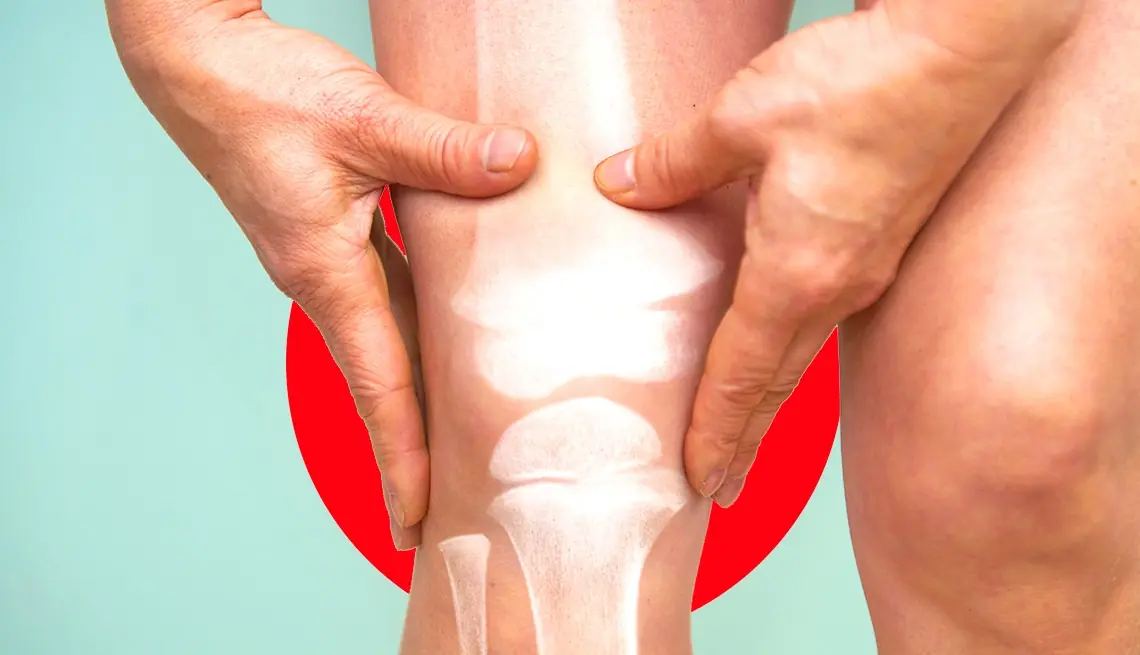
Early Signs of Kidney Disease and How to Protect Your Kidneys (Evidence-Based)
Early Signs of Kidney Disease and How to Protect Your Kidneys (Evidence-Based)
Chronic kidney disease (CKD) is a serious and widespread health issue. In the United States alone, CKD affects approximately 13% of the population. The kidneys are vital organs that play a crucial role in maintaining your health, and understanding the early signs of kidney disease is essential for early intervention and prevention.
Kidneys are responsible for filtering waste and toxins from your blood, balancing fluids and electrolytes, maintaining healthy blood pressure, and producing hormones that regulate red blood cell production and bone health. When they are not functioning properly, waste can build up in your body, leading to a cascade of health problems.
Fortunately, you can take proactive steps to protect your kidneys and reduce your risk of developing CKD. This guide will walk you through the early signs of kidney disease and provide actionable, evidence-based advice for keeping your kidneys healthy.
What Causes Kidney Disease?
Kidney disease can be caused by a variety of factors, but two of the most common are diabetes and high blood pressure.
-
Diabetes: High blood sugar levels can damage the blood vessels in your kidneys, impairing their ability to filter waste.
-
High Blood Pressure: Uncontrolled high blood pressure can put a strain on the blood vessels in the kidneys, leading to damage over time.
Other risk factors for kidney disease include a family history of kidney problems, smoking, excessive alcohol consumption, obesity, and the improper use of certain medications like NSAIDs.

Early Signs and Symptoms of Kidney Disease
Kidney disease is often called a "silent disease" because early symptoms can be subtle and easily mistaken for other conditions. This is why it’s so important to be aware of the signs. Your kidneys are highly adaptive and can lose a significant amount of function before you notice any symptoms, which makes early detection critical.
Some of the most common early signs and symptoms of kidney disease include:
-
Changes in Urination: This can include urinating more or less frequently, foamy urine, or blood in the urine.
-
Fatigue and Weakness: As waste builds up in the blood, it can cause you to feel tired, weak, and lethargic.
-
Swelling: Fluid retention from impaired kidney function can cause swelling in your feet, ankles, and legs.
-
Trouble Sleeping: The accumulation of toxins can make it difficult to get a good night's sleep.
-
Muscle Cramps: Imbalances in electrolytes like potassium and calcium can lead to muscle spasms and cramps.
-
Itchy Skin: The buildup of waste in the bloodstream can cause chronic itching.
-
Loss of Appetite: You may feel a metallic taste in your mouth and have a lack of interest in food.
If you experience any of these symptoms, especially if you have risk factors for kidney disease, you should consult with a healthcare professional immediately.
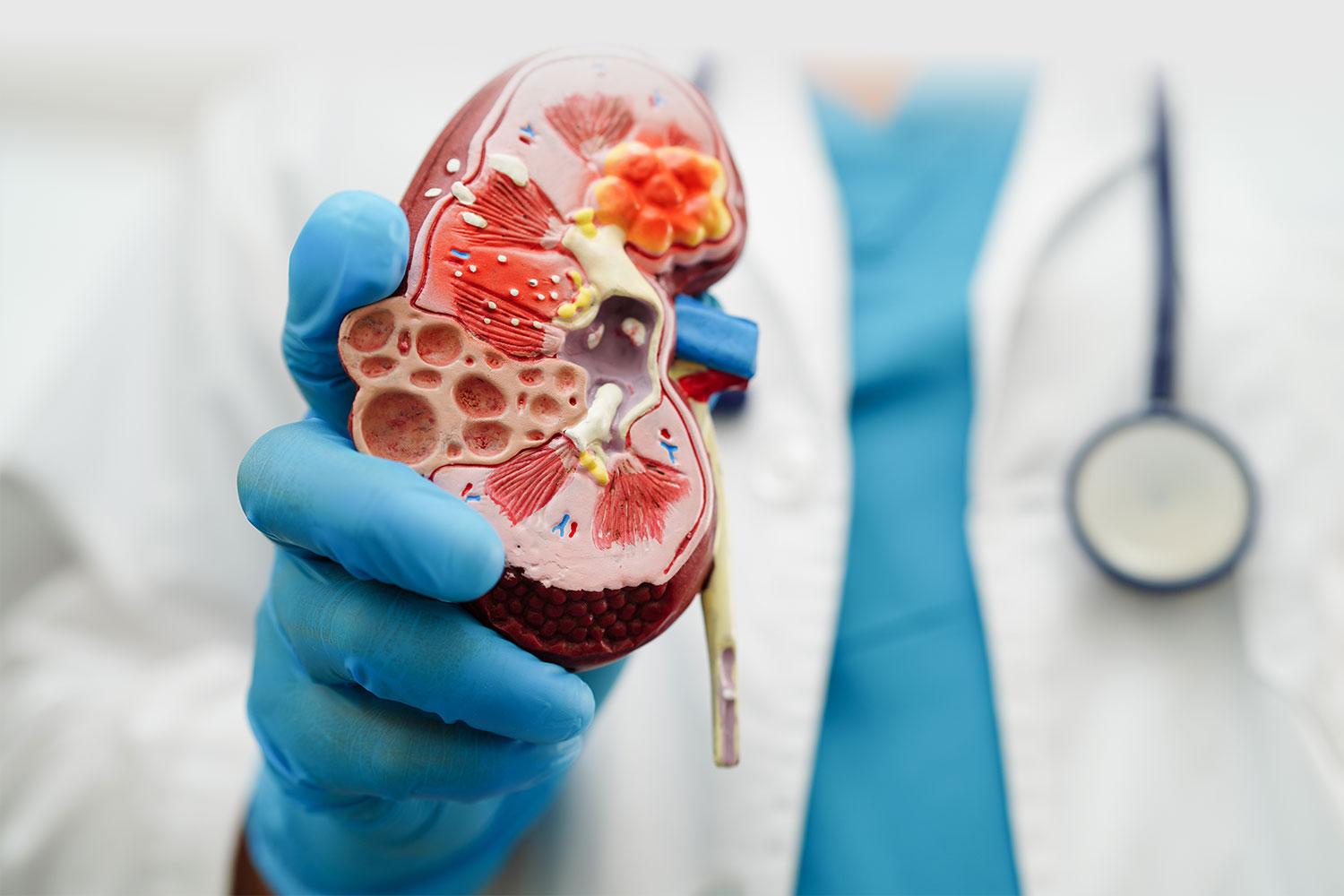
How to Protect and Strengthen Your Kidneys
Making a few simple lifestyle and nutritional changes can have a profound impact on your kidney health.
Lifestyle Changes
-
Maintain Healthy Blood Pressure: Keep your blood pressure at a healthy level (around 120/80 mmHg). Regular exercise, a balanced diet, and stress management can help you achieve this naturally.
-
Quit Smoking and Limit Alcohol: Both smoking and excessive alcohol consumption are linked to an increased risk of chronic kidney disease. Quitting is one of the most effective ways to protect your kidneys.
-
Stay Active: Regular physical activity helps you maintain a healthy weight, manage blood pressure and blood sugar, and reduce your risk of obesity and diabetes—all of which are major risk factors for CKD.
-
Be Cautious with Medications: Overusing certain painkillers, particularly NSAIDs, can damage your kidneys over time. Only use them when necessary and always follow the recommended dosage.
Nutritional Changes
-
Hydrate, Hydrate, Hydrate: Drinking plenty of water is essential for your kidneys. It helps them flush out waste and toxins, preventing them from building up and causing damage. Aim for at least 8 glasses of water a day.
-
Eat a Kidney-Friendly Diet: Limit your intake of sodium, saturated fat, and cholesterol. Focus on whole foods like fruits, vegetables, and lean proteins. Some great kidney-friendly foods to add to your diet include watermelon, berries, and apples.
-
Monitor Protein Intake: While protein is important, excessive consumption can put a strain on your kidneys. Talk to your doctor or a nutritionist to determine the right amount of protein for your body and lifestyle.
-
Don’t Starve Yourself: Crash diets and severe calorie restriction can be harmful to your kidneys. Maintain a healthy, balanced diet with a sufficient number of calories to support your body's functions.
Kidney disease is a sobering reality, but with early detection and a proactive approach, you can significantly reduce your risk. Taking responsibility for your health is a gift not only to yourself but to your loved ones as well.
News in the same category


14 Powerful Benefits of Walking That Completely Change Your Body and Mind
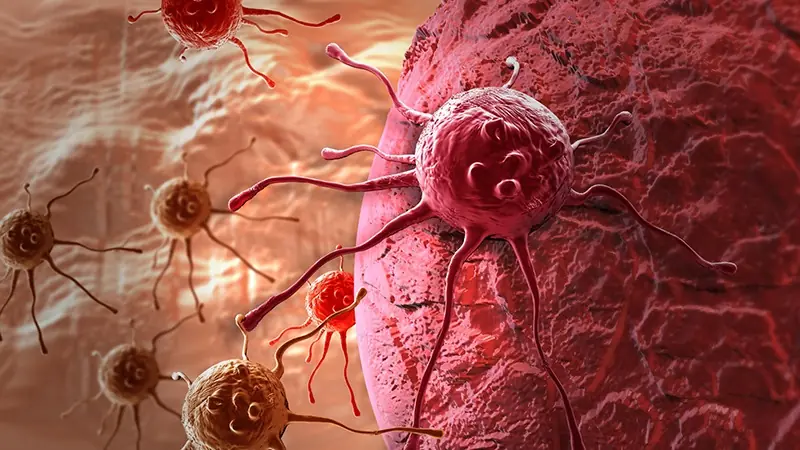
These 5 Foods Are Fueling Cancer in Your Body. Number 1 Will Surprise You
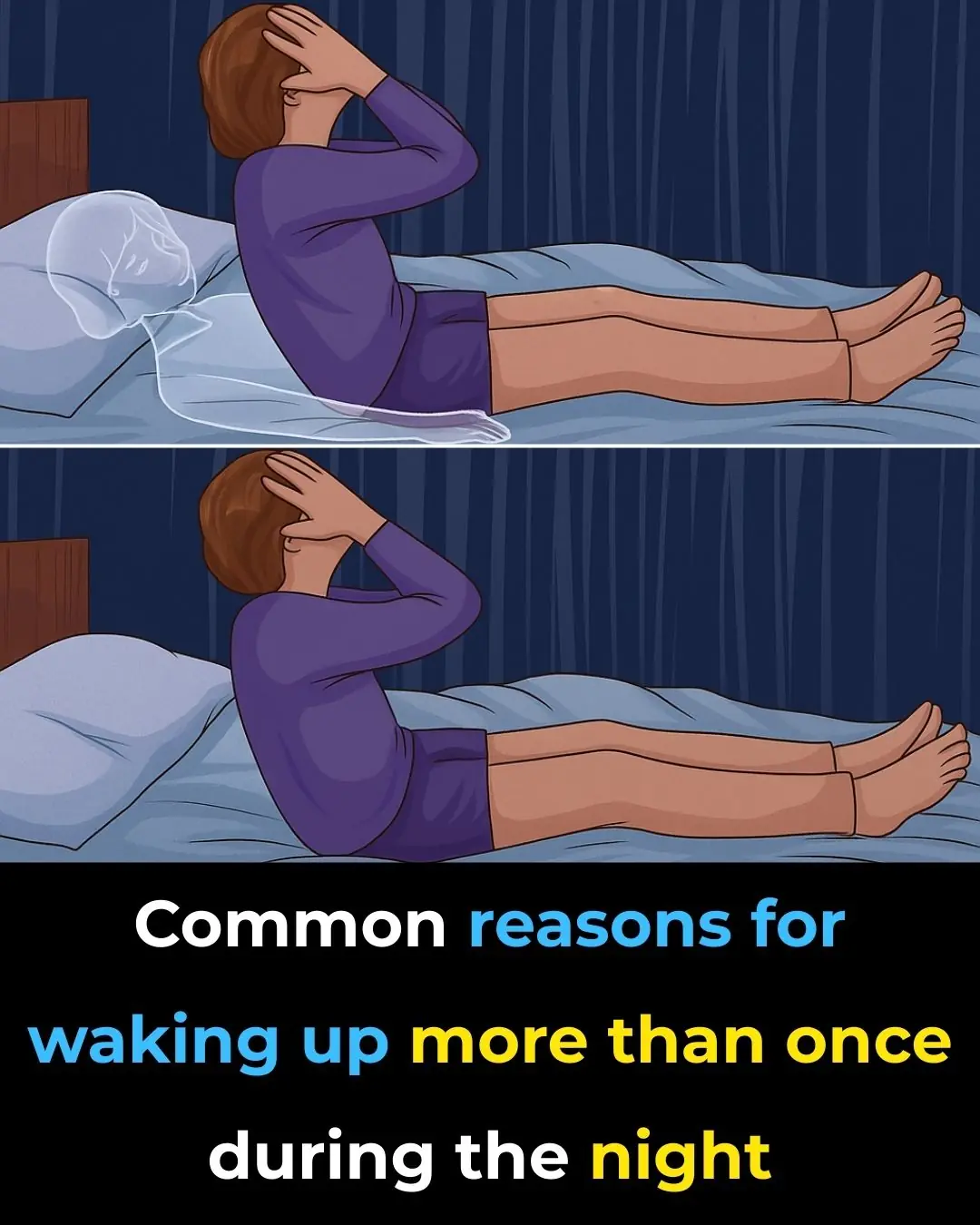
8 Common Reasons For Waking Up at Night
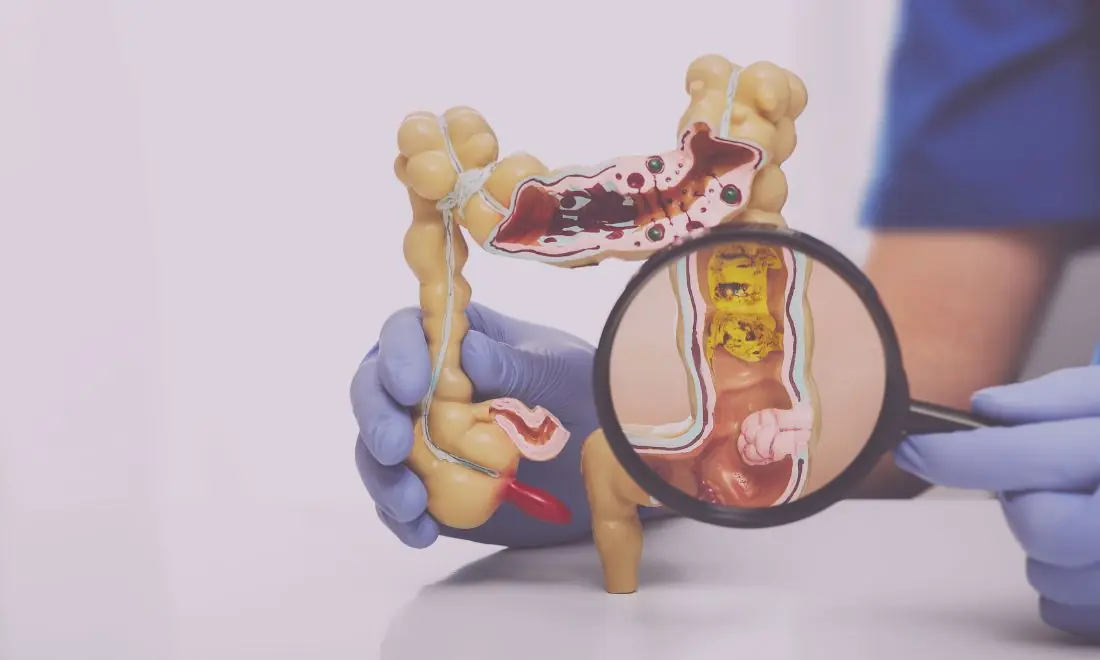
Colon Cleansing with Kefir and Flaxseed: A Natural Approach
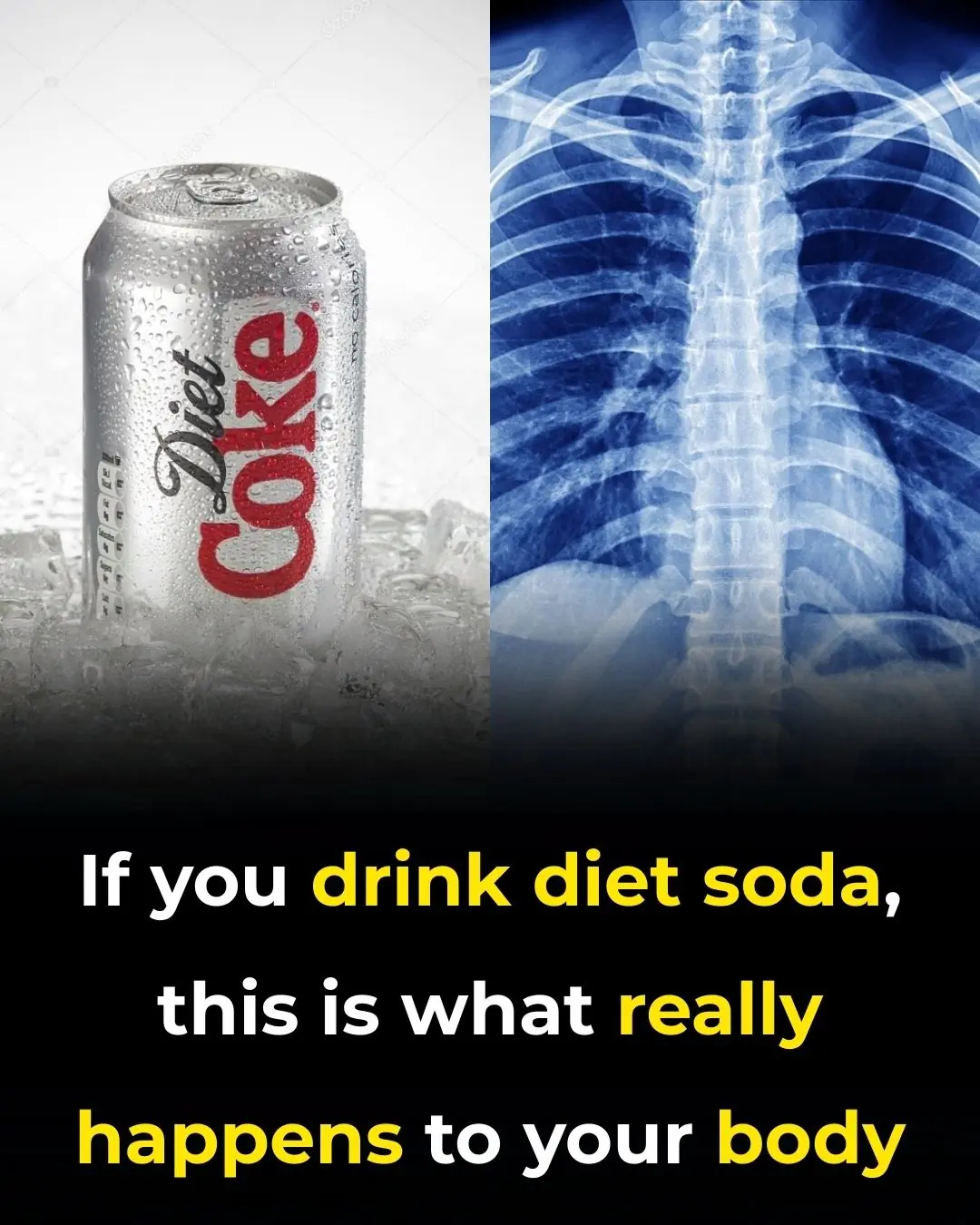
Here’s What Really Happens To Your Body If You Drink Diet Soda
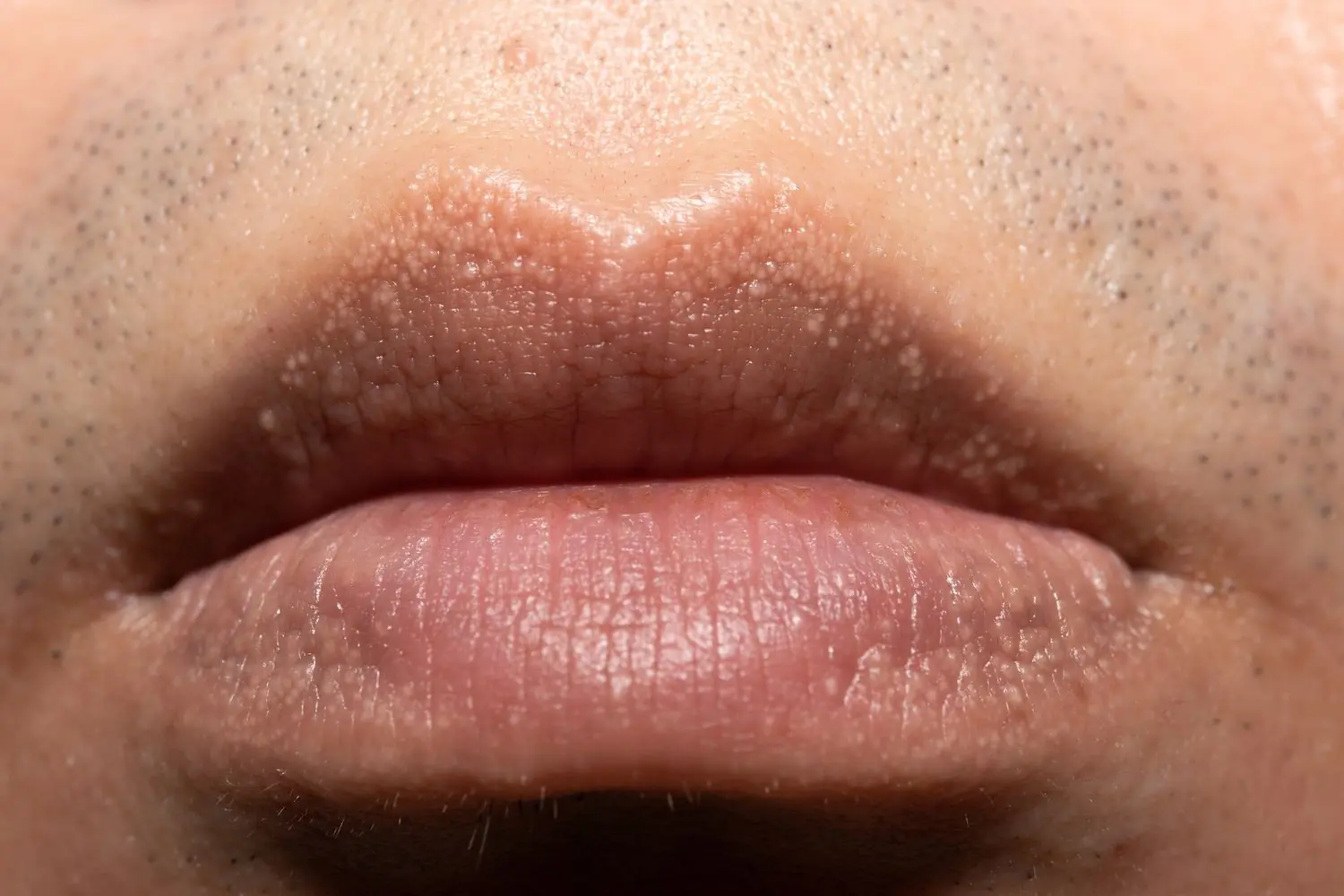
White Bumps on Lips: Causes and Effective Treatments

Eating More Cruciferous Vegetables May Cut Colon Cancer Risk
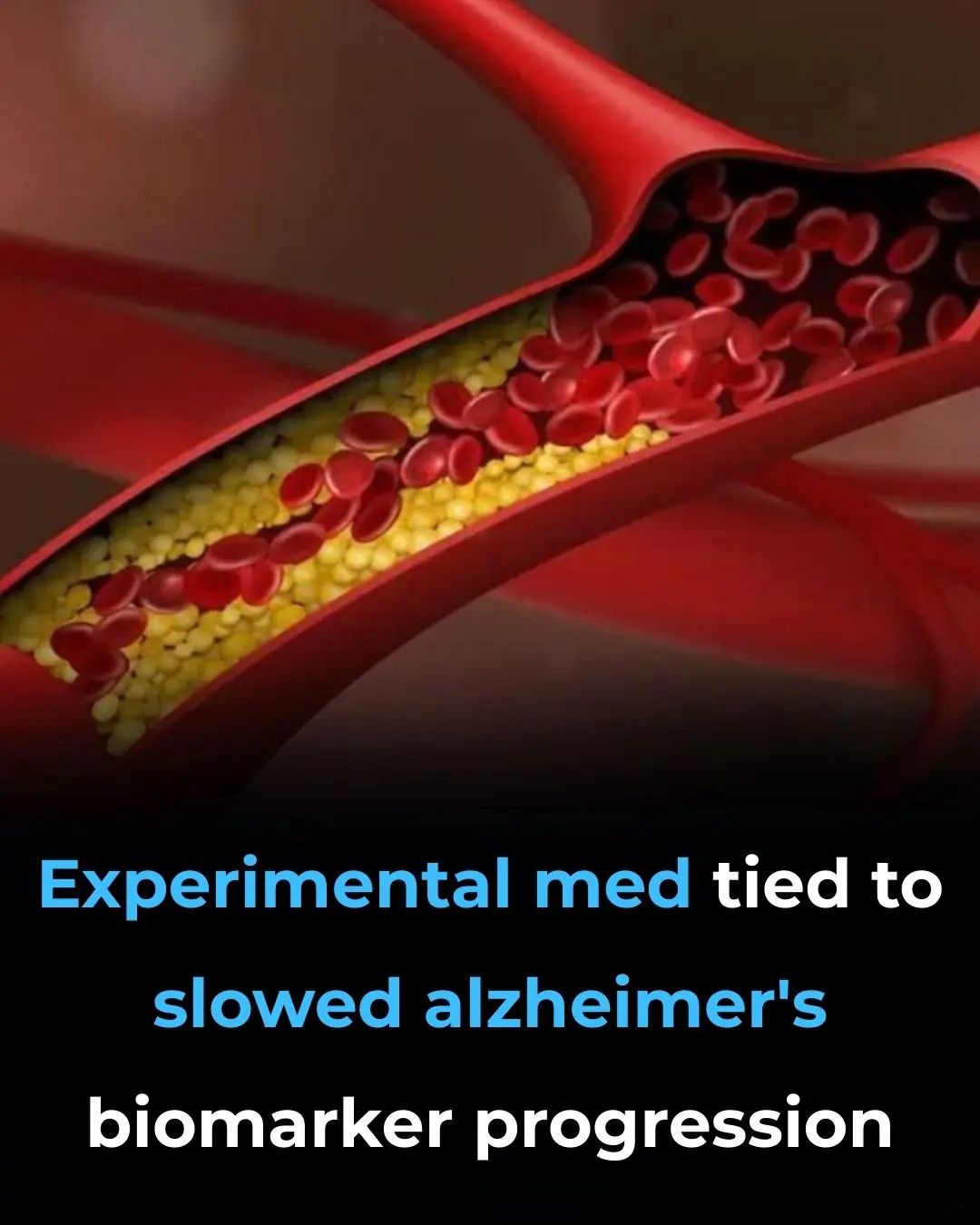
Experimental Med Tied to Slowed Alzheimer’s Biomarker Progression
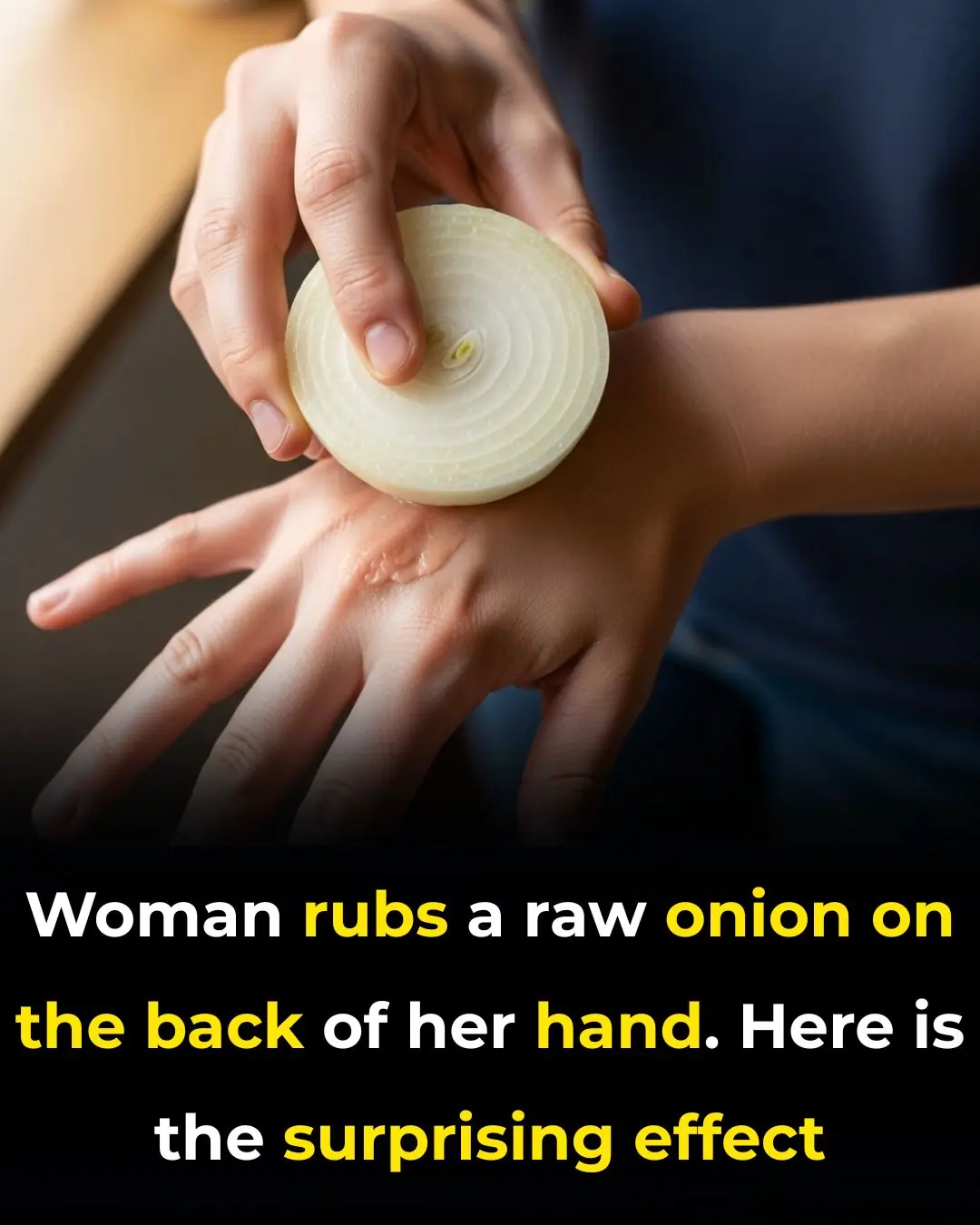
The Healing Power of Raw Onion
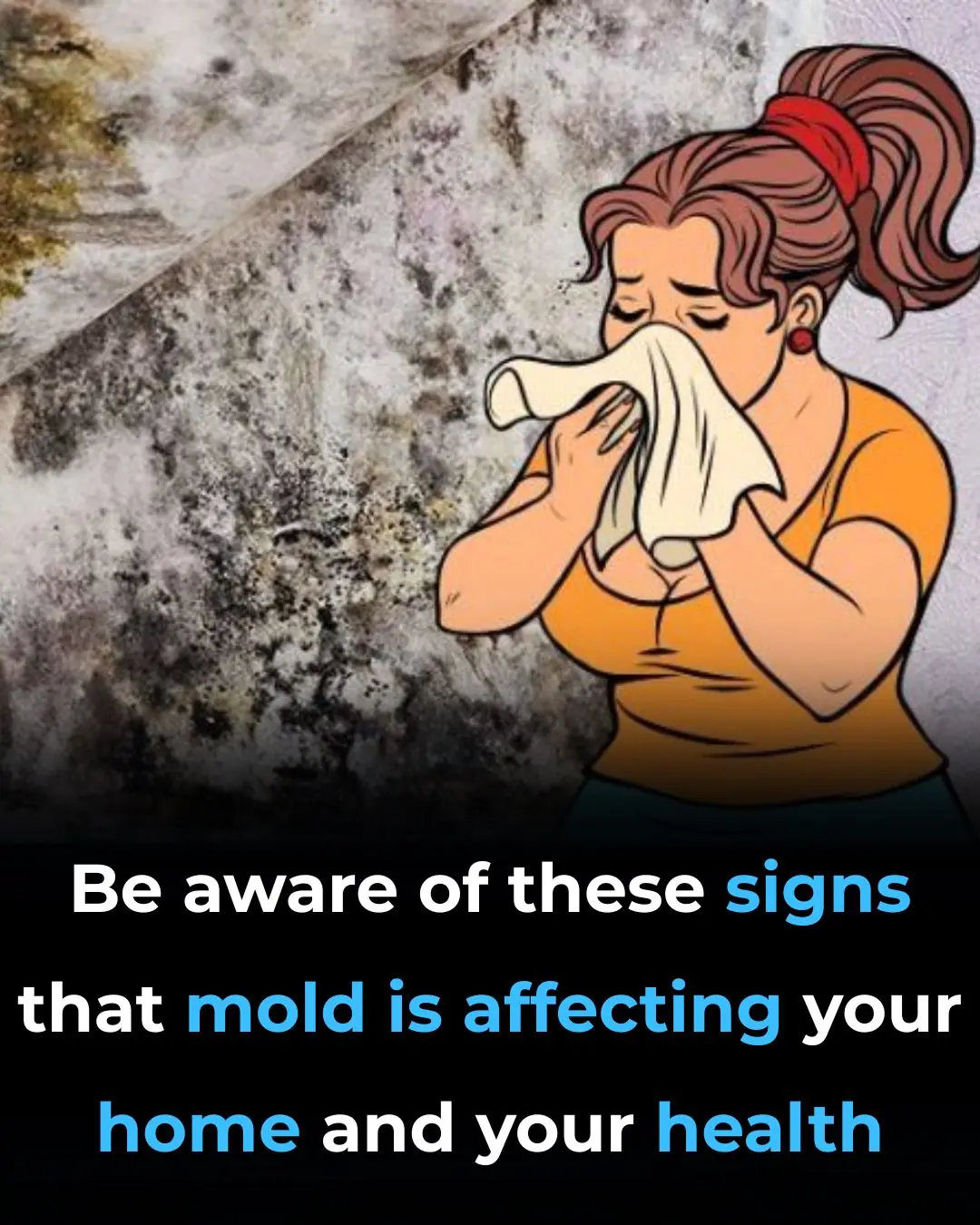
How Mold Affects Both Your Health and Home
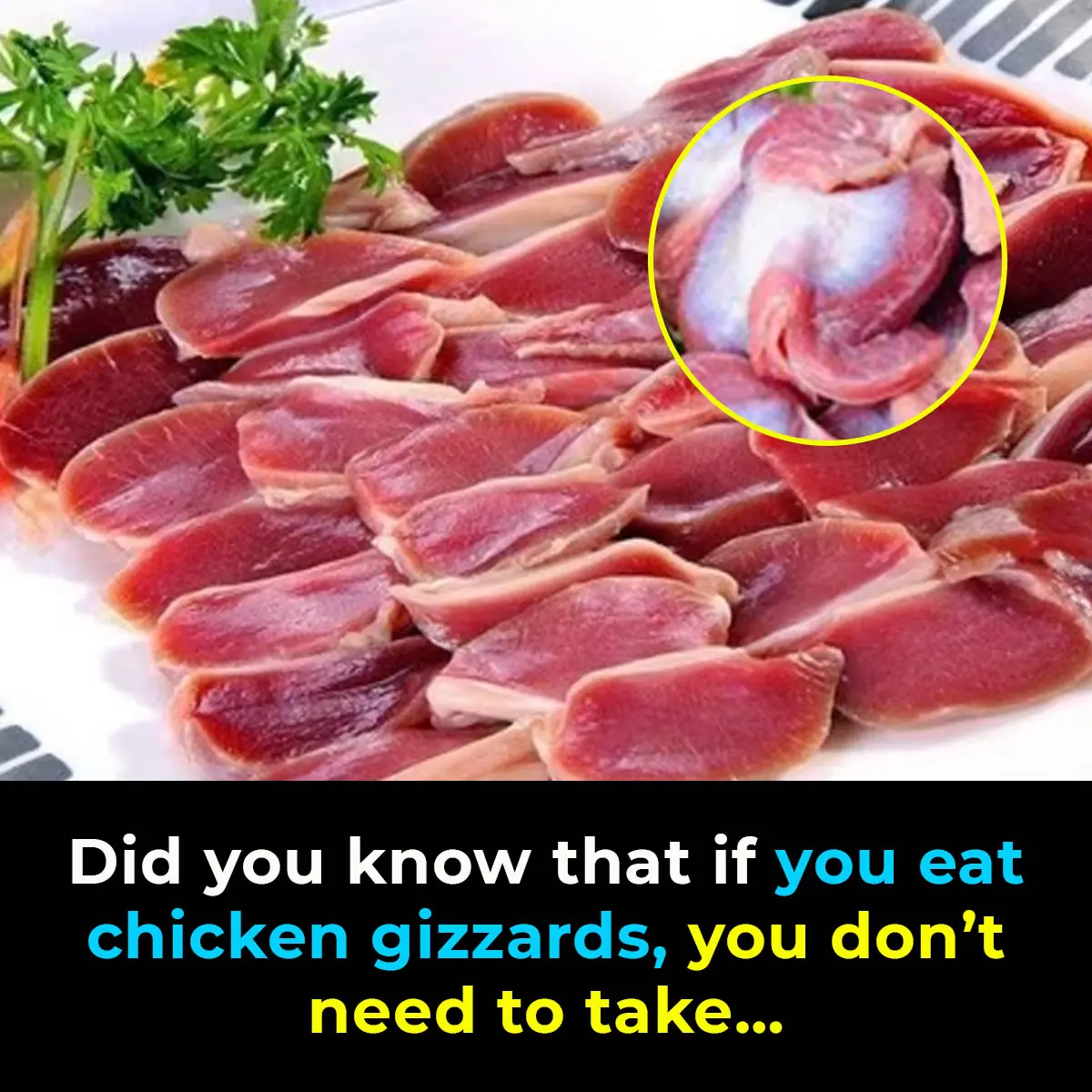
Chicken Gizzards: 3 Surprising Benefits You Might Be Missing

Jell-O is More Than a Dessert – It’s Good for Your Health Too
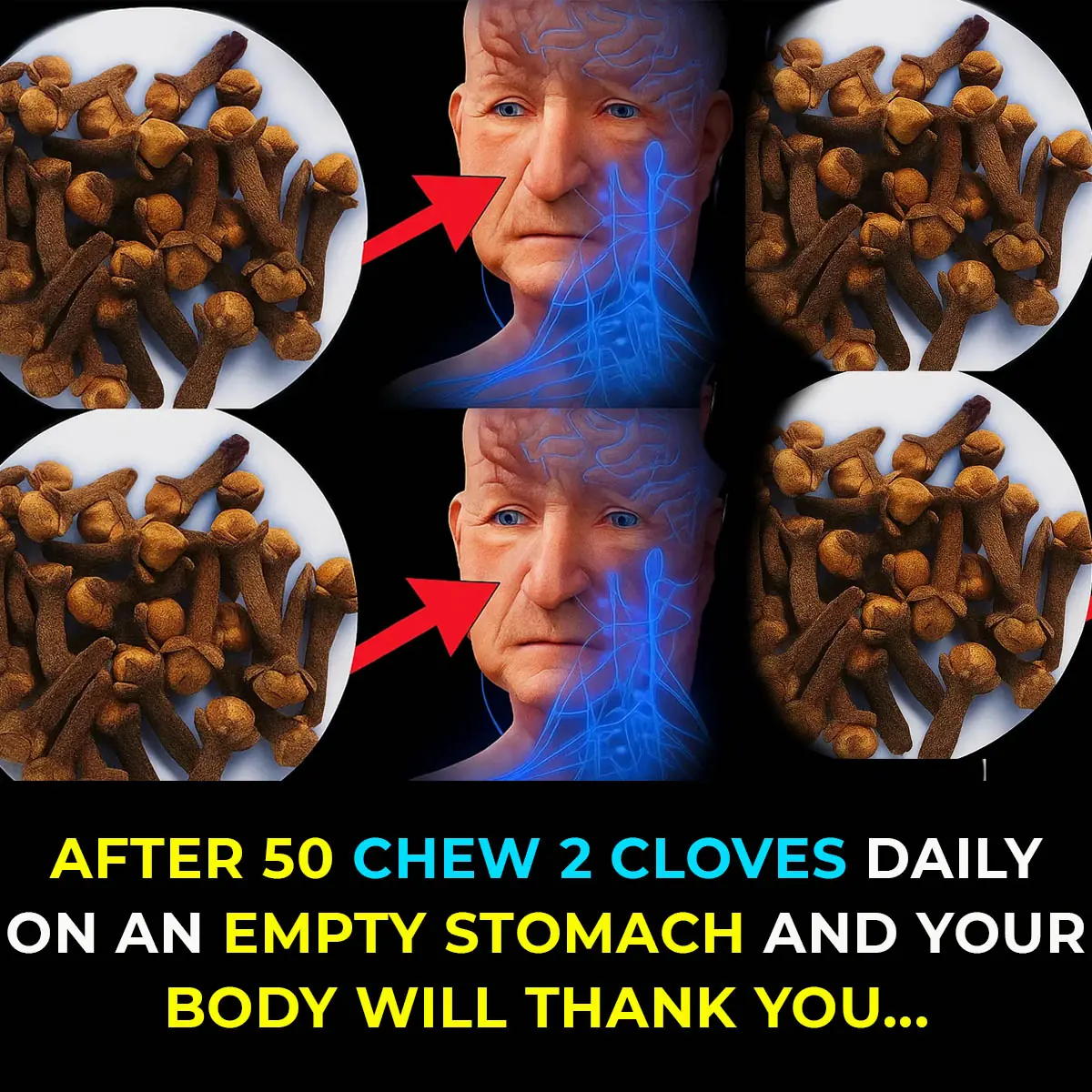
Cloves: 10 Health Benefits of Eating 2 Daily

6 Health Benefits of Eating One Cup of Pineapple Every Day
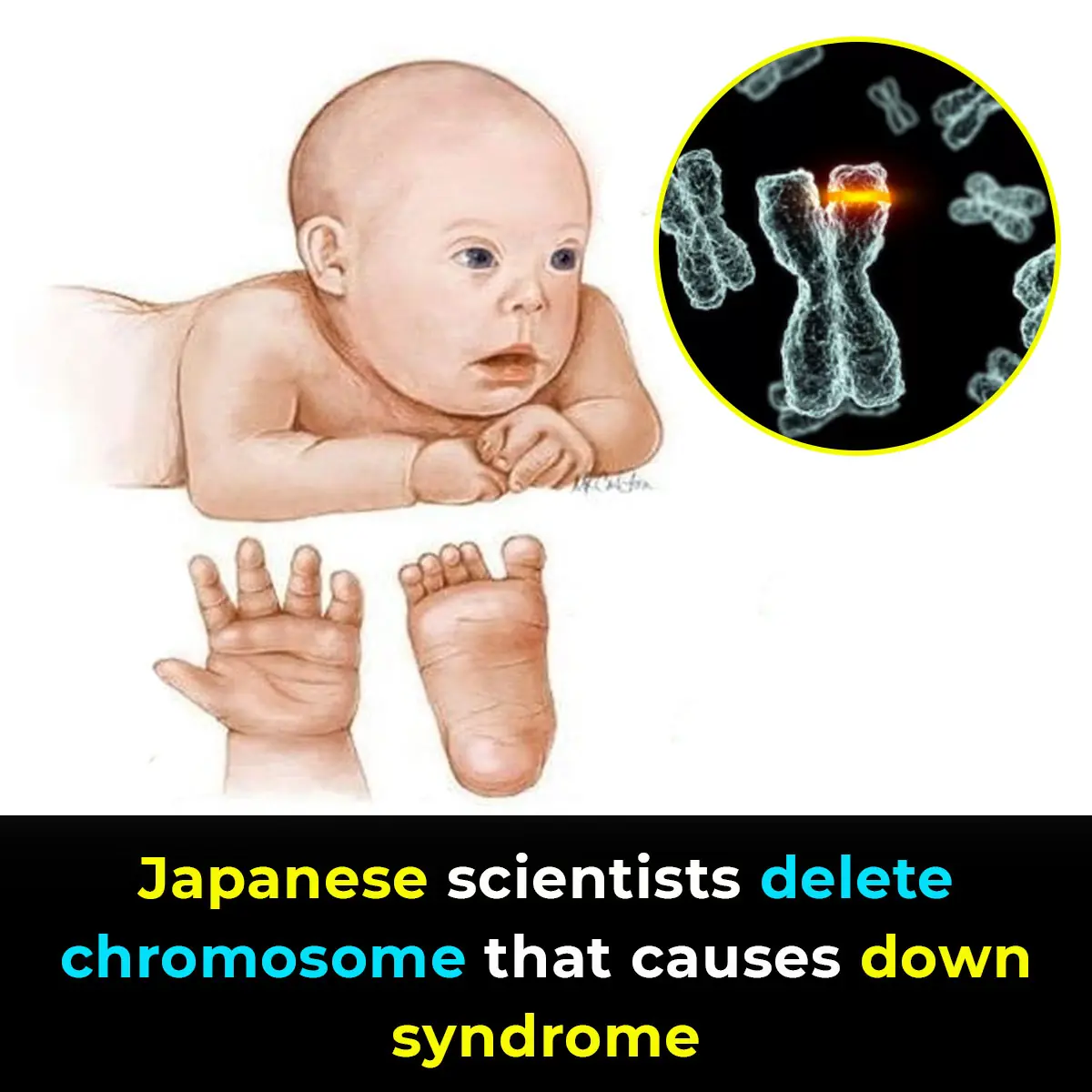
Japanese scientists delete chromosome that causes down syndrome

10 W@rning Signs It’s Time to Cut Back on Caffeine
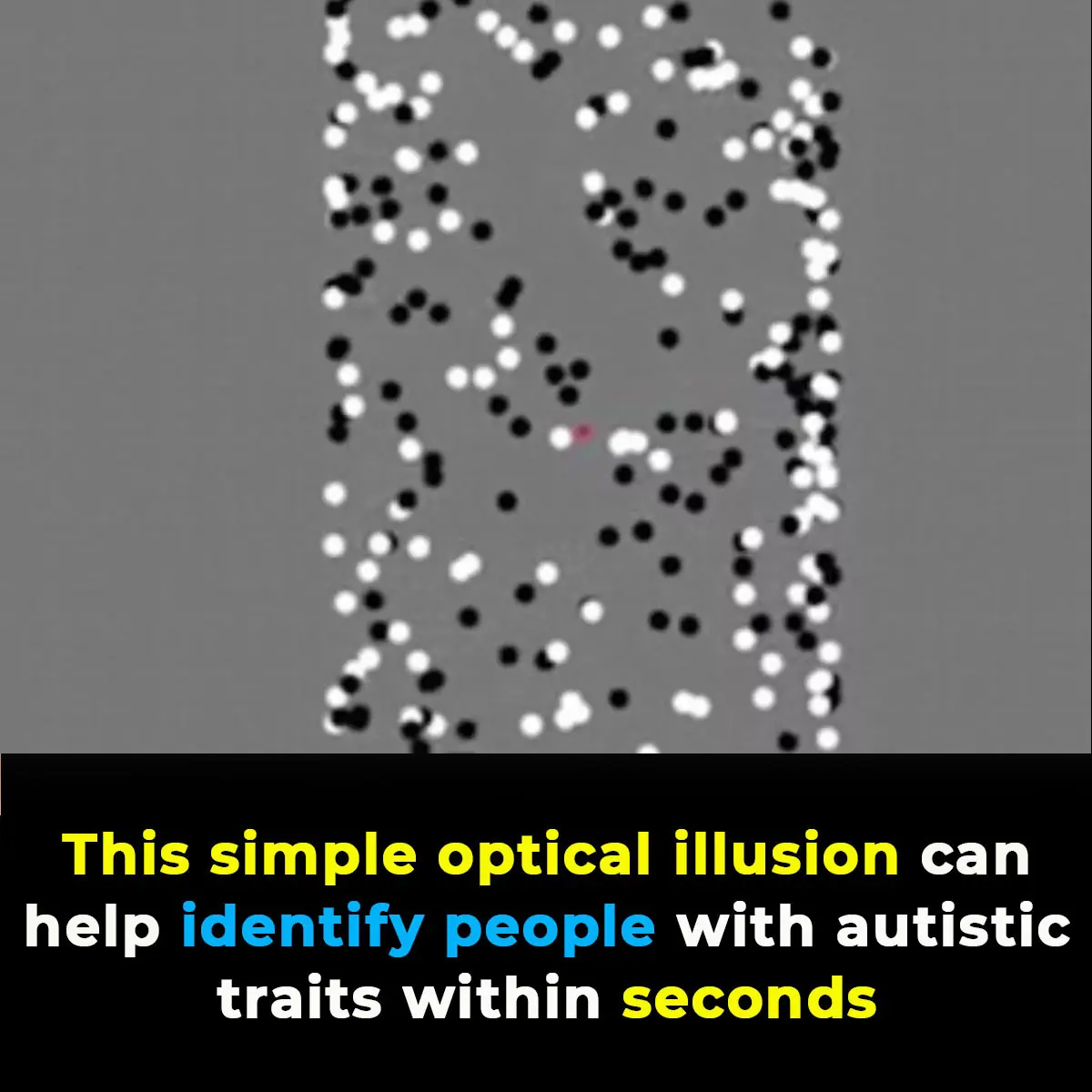
This optical illusion may help identify autistic traits in seconds
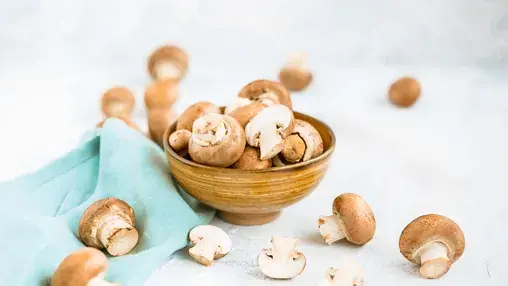
Health Benefits of Baby Bella Mushrooms
News Post

Rob Gronkowski forgot he invested $69,000 in Apple and ten years later the value has completely changed his net-worth

Scientists discover that powerful side effect of Ozempic could actually reverse aging

5 Common Habits That Are Slowly Destroying Your Knees Right Now

14 Powerful Benefits of Walking That Completely Change Your Body and Mind

These 5 Foods Are Fueling Cancer in Your Body. Number 1 Will Surprise You

8 Common Reasons For Waking Up at Night
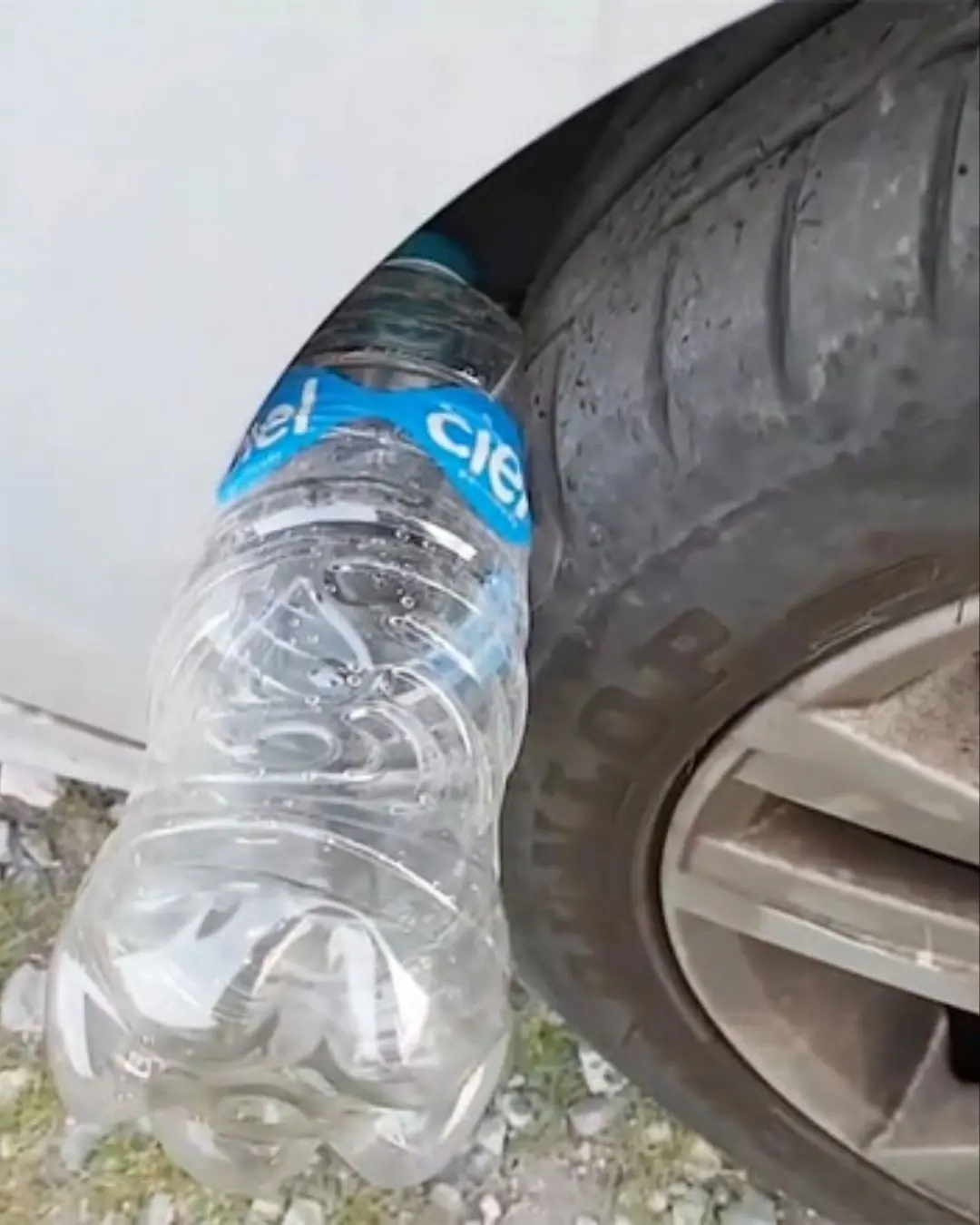
Beware of the Plastic Bottle Scam: A New Car Theft Tactic

Scientists warn ancient Easter Island statues could vanish in a matter of years

NASA astronaut describes exactly what space smells like and it's not what you'd expect

Don’t Clean the Fridge with Plain Water—Mix This In and It’ll Be Spotless and Odor-Free
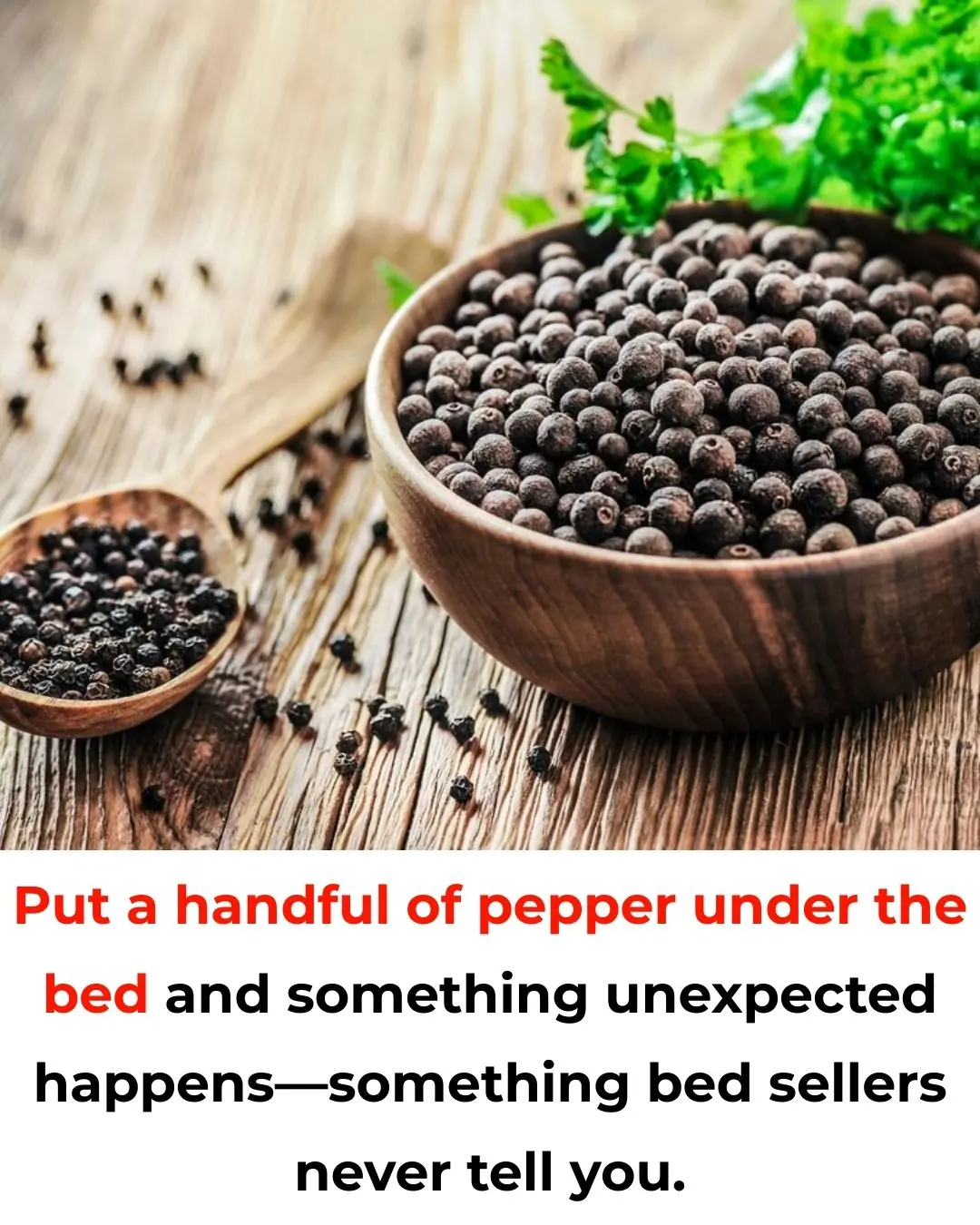
Put a Handful of Pepper Under the Bed and Something Unexpected Happens—Something Bed Sellers Never Tell You
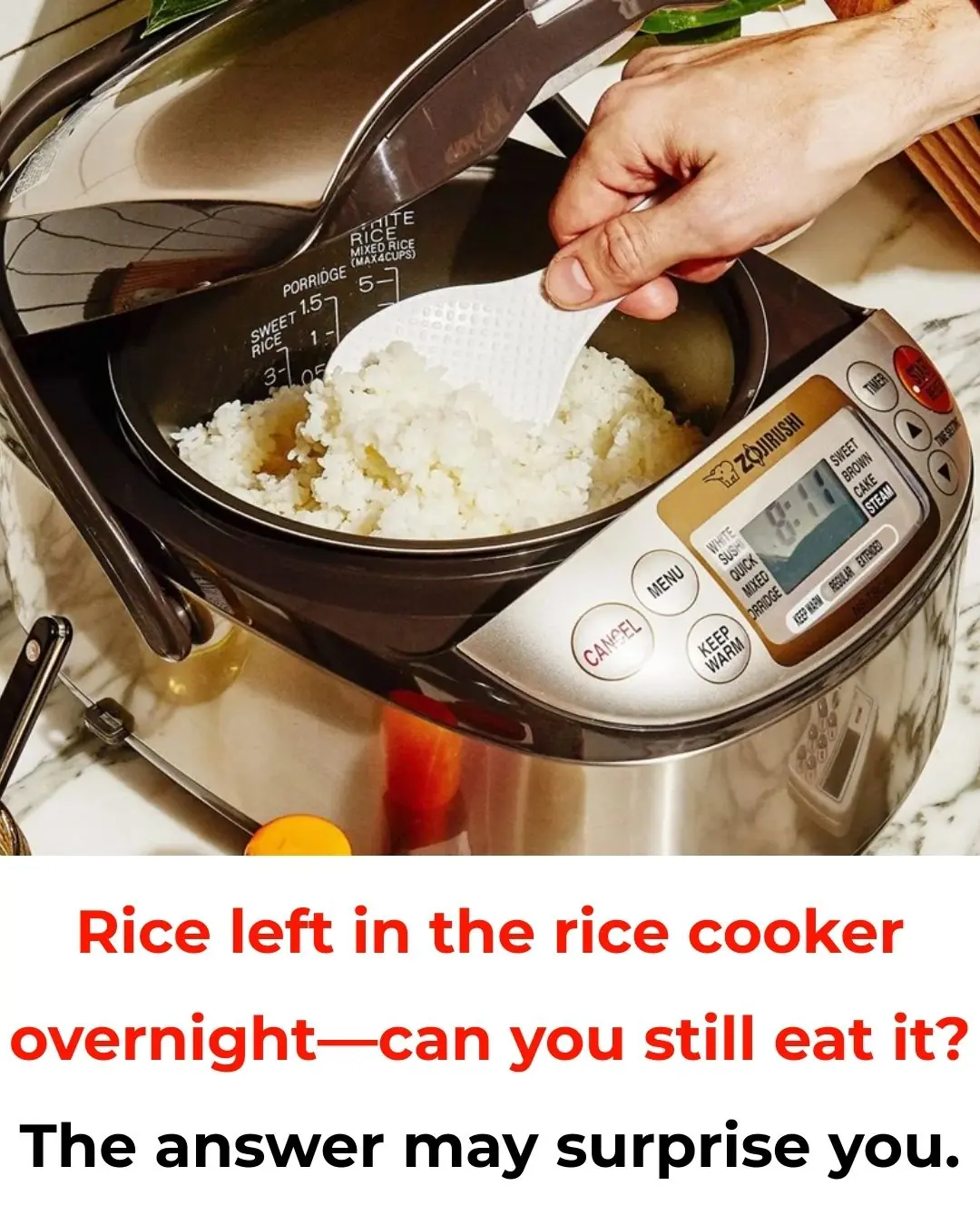
Rice Left in the Rice Cooker Overnight—Can You Still Eat It? The Answer May Surprise You
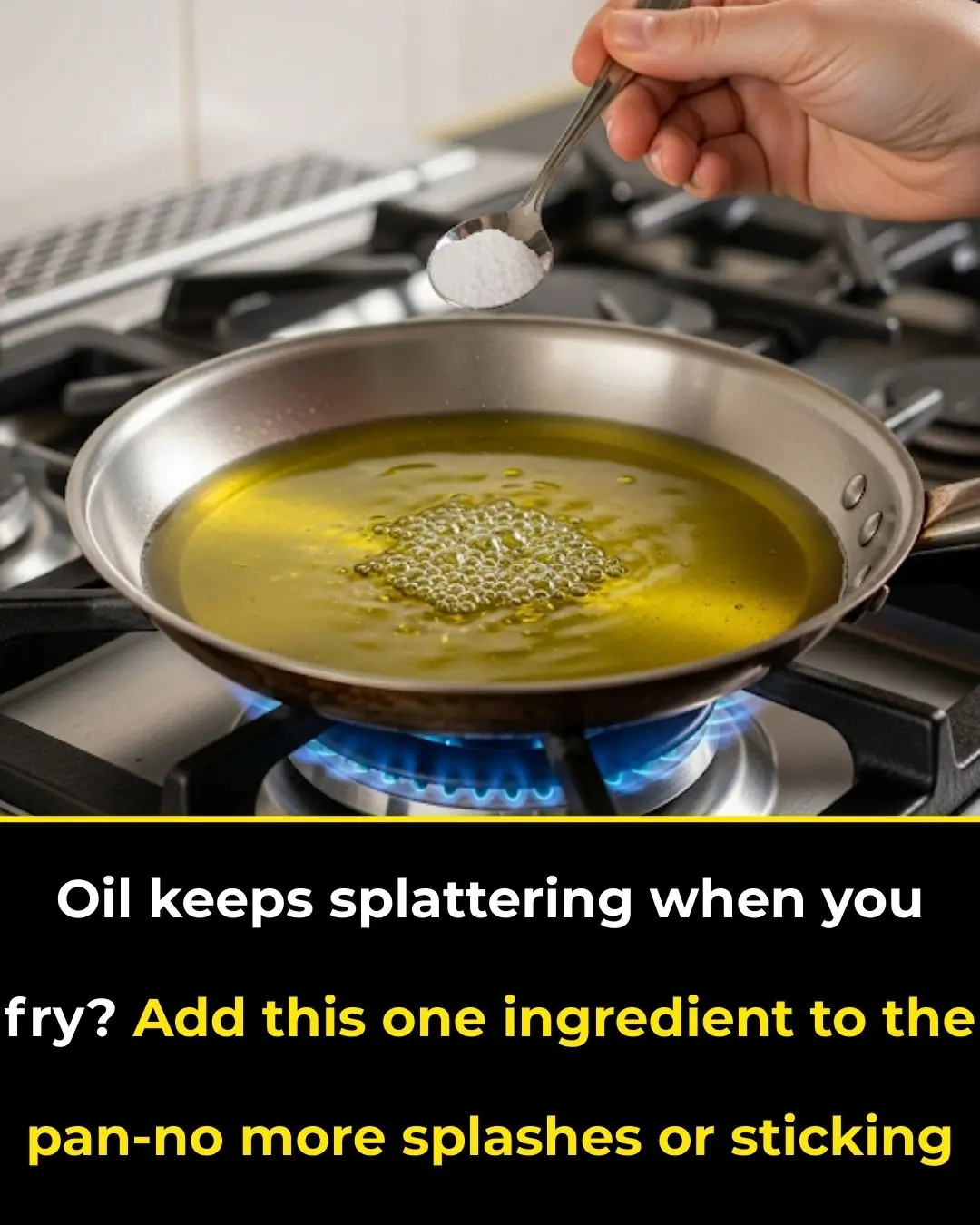
Oil Keeps Splattering When You Fry? Add This One Ingredient to the Pan—No More Splashes or Sticking

Clogged Kitchen Sink Drain? Don’t Rush to Call a Plumber—Try This to Clear It and Eliminate Odors

Washing Machine Loud and Shaking During Spin? Don’t Rush to Call a Technician—Do This and It’ll Run Smoothly

Should You Seal the Room When Running the Air Conditioner? Five Errors That Can Double or Triple Your Power Usage

Using an Electric Kettle: 9 Out of 10 Homes Make This Common Mistake – It’s Worth Reminding Family to Correct It Early

Colon Cleansing with Kefir and Flaxseed: A Natural Approach
